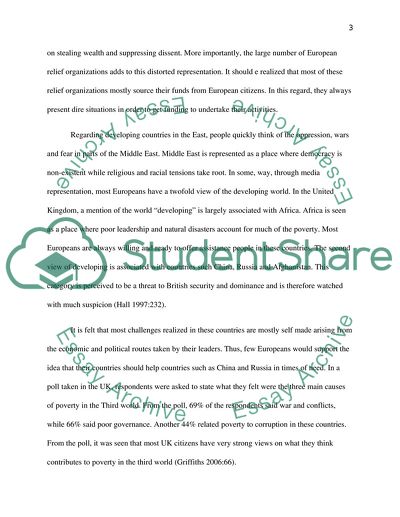Cite this document
(Is Europe So Perfect as They Describe It for the Third World Countries Coursework, n.d.)
Is Europe So Perfect as They Describe It for the Third World Countries Coursework. Retrieved from https://studentshare.org/social-science/1815933-representing-the-other-in-development-and-aid
Is Europe So Perfect as They Describe It for the Third World Countries Coursework. Retrieved from https://studentshare.org/social-science/1815933-representing-the-other-in-development-and-aid
(Is Europe So Perfect As They Describe It for the Third World Countries Coursework)
Is Europe So Perfect As They Describe It for the Third World Countries Coursework. https://studentshare.org/social-science/1815933-representing-the-other-in-development-and-aid.
Is Europe So Perfect As They Describe It for the Third World Countries Coursework. https://studentshare.org/social-science/1815933-representing-the-other-in-development-and-aid.
“Is Europe So Perfect As They Describe It for the Third World Countries Coursework”, n.d. https://studentshare.org/social-science/1815933-representing-the-other-in-development-and-aid.


